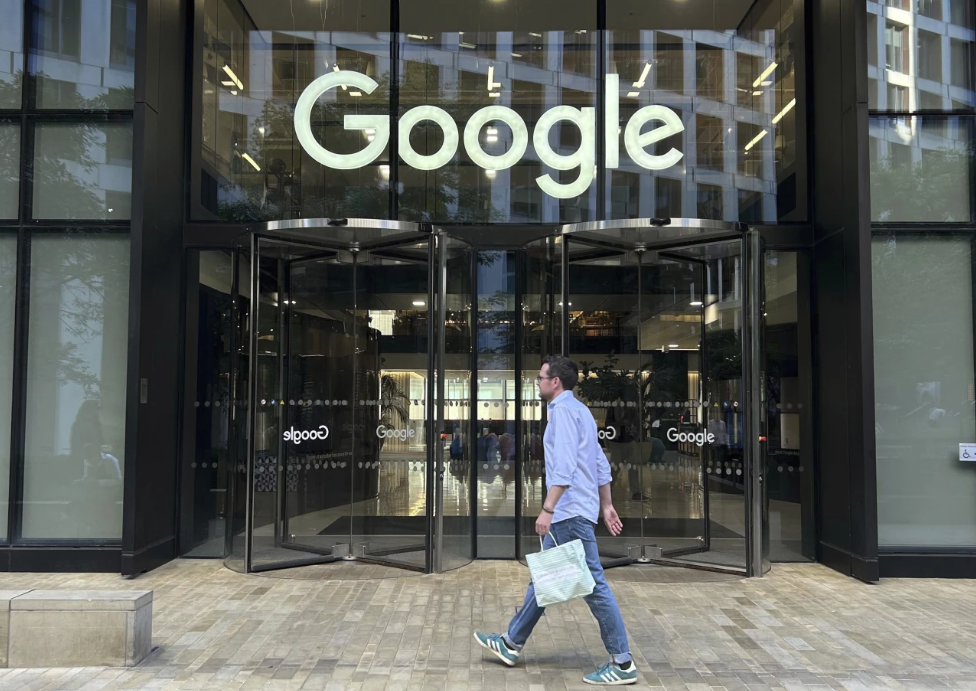Google is entering a critical phase in a historic legal battle as the U.S. government begins a three-week hearing aimed at determining how to penalize the company for using its dominance in search to suppress competition. The proceedings, unfolding in a Washington courtroom, could lead to sweeping changes in how Google operates—not only in search but potentially in the emerging field of artificial intelligence.
Federal prosecutors are arguing that Google’s rise from a groundbreaking search engine to an industry titan was achieved by locking out competitors through anti-competitive practices. Now, they say it’s time to hold the company accountable.
“This is a moment in time, an inflection point,” said Justice Department attorney David Dahlquist. “Will we abandon the search market to monopolists, or let competition thrive for future generations?”
The Department of Justice (DOJ) is urging a federal judge to enforce a significant restructuring. Their proposed remedies include banning Google’s multibillion-dollar deals with Apple and other firms that set its search engine as the default across popular devices, mandating data-sharing with competitors, and possibly forcing Google to sell its Chrome browser.
This legal clash arrives nearly five years after the DOJ first filed its landmark lawsuit, alleging that Google spent over a decade using its position to shut out competitors and suppress innovation in the search industry.
U.S. District Judge Amit Mehta ruled last year that Google had indeed made illegal deals to ensure its search engine remained the default across major platforms like the iPhone, personal computers, and Android devices. This sets the stage for the current hearings, where the court will determine the appropriate consequences.
Since its beginnings in a Silicon Valley garage in 1998, Google has evolved far beyond search, becoming a giant in email, online maps, digital video, smartphone software, and cloud infrastructure. The DOJ says this evolution has been fueled by anti-competitive conduct that now needs to be dismantled.
“Google’s illegal conduct has created an economic goliath,” prosecutors argued in court documents. “The result is a marketplace where Google always wins, and the American public pays the price.”
Even though the remedies were proposed during President Biden’s administration, they have continued under President Donald Trump’s second term. Prosecutors have emphasized that Google’s unchecked power is not just a market concern but a threat to freedoms like speech, innovation, and competition.
Google, in response, has criticized the proposed changes as extreme and unrelated to the actual misconduct identified by the court. The company argues that its search engine remains dominant because people prefer it, not because of underhanded tactics.
“These unprecedented remedies would harm consumers, disrupt innovation, and threaten competition not only in search but in related markets,” Google’s legal team stated. The company is especially concerned about risks to user privacy and security if it is forced to share search data or divest from its Chrome browser.
This case is widely seen as the most significant antitrust action in the U.S. since the DOJ’s lawsuit against Microsoft in the 1990s. In that case, a federal judge also found Microsoft guilty of anti-competitive behavior, initially ordering a breakup that was later overturned on appeal.
Google plans to appeal Judge Mehta’s earlier decision but cannot do so until the current hearings conclude. The judge is expected to make a final decision on remedies by Labor Day, following closing arguments in late May.
This case is one of several antitrust battles targeting major tech companies. Meta Platforms, parent of Facebook and Instagram, is currently defending itself against monopoly allegations in social media. Apple and Amazon are also facing similar lawsuits. Google, meanwhile, is dealing with a separate antitrust case over its digital ad business, where another judge recently found it abused its market power—potentially leading to another round of penalties or structural changes later this year or early 2026.














